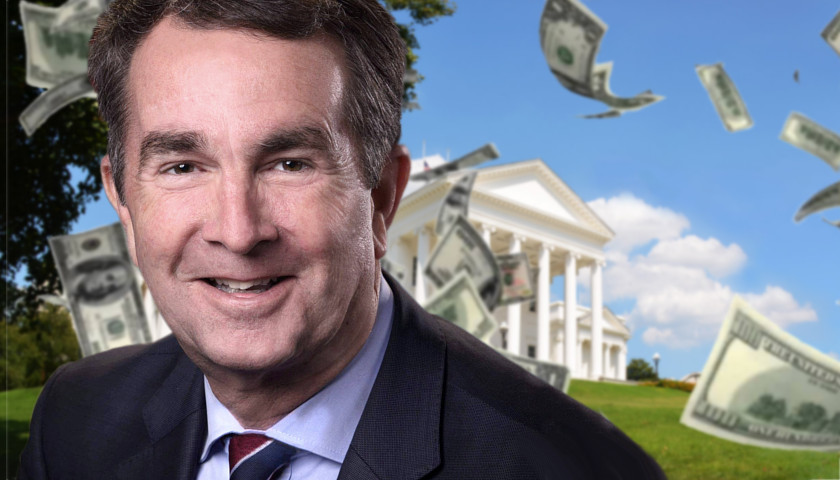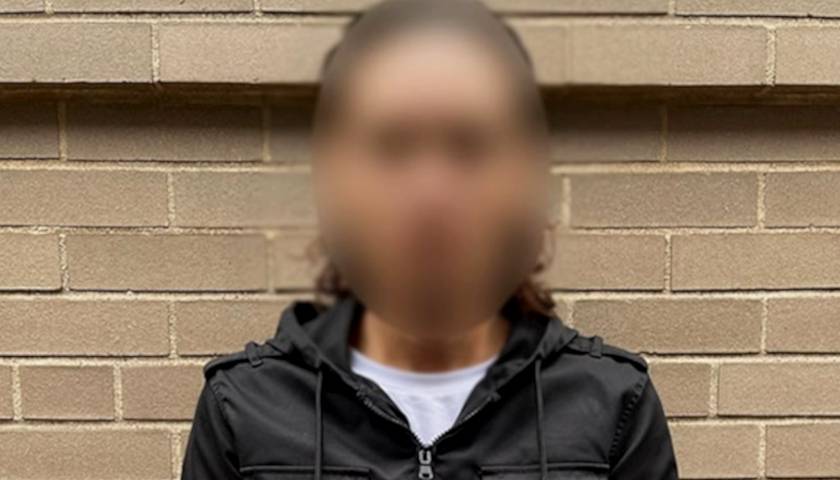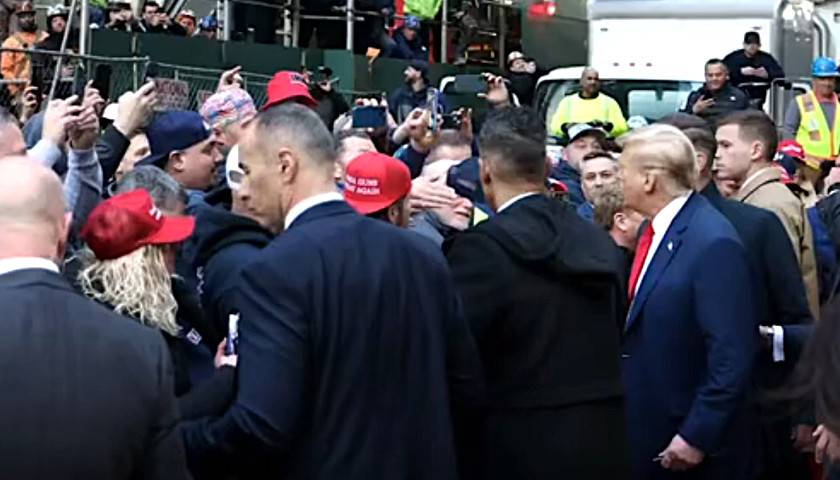Congress passed the CARES Act last March, sending many taxpayers $1,200, giving $100 billion to health providers, and boosting unemployment benefits by $600 a week, according to Govtrack. The $2 trillion stimulus bill also sent $150 billion to states and localities across the country. Virginia received about $3.1 billion dollars, with a separate $200 million sent directly to Fairfax County.
“This was the package intended to benefit state and local governments,” Senator Emmet Hanger (R-Augusta) said. Hanger is a senior member of the Finance Committee and is exploring a run for Governor.
“Usually it was prioritized for immediate actions needed for some protective equipment, for testing, and what have you. Strings were attached to it. As far as the uses that could be made of it, it had to be something attributable to the coronavirus,” Hanger said.
According to the U.S. Department of the Treasury, CARES Act money can only be used for necessary expenditures caused by COVID-19 that were not included in pre-COVID state budgets. Additionally, the money can only be spent on costs incurred from the beginning of March through the end of December 2020.
Governor Ralph Northam used his emergency powers to allocate the money. For example, in April, Northam allocated $70 million to a program making child care more affordable, according to a press release. In October, he announced $220 million in CARES Act funds allocated for schools. Smaller allocations included $6 million for criminal justice, and $1.7 million for community development programs in Virginia’s peninsula.
“All but about $1.2 billion in round numbers had been allocated by the Governor’s office, by the administration, before we went into special session,” Hanger said.
Hanger said Northam and his office maintained clear communication through the process. He said Northam and Secretary of the Treasury Aubrey Layne made judicious choices, but it would have been better for Northam to work through a legislative committee.
“As a rule, money is not spent by the administration unless it has been approved in the budget as passed by the legislature,” Hanger said. “And in this instance we were dealing with some pretty big dollars that were flowing at the discretion of the chief executive.”
The General Assembly and Northam worked together to allocate the remaining state-level CARES Act funding in the budget, which also confirmed Northam’s previously-announced allocations. Hanger said the money was obligated to be spent or allocated by early 2021.
The CARES Act also allocated money specifically to localities. $1.3 billion was disbursed roughly according to population, according to Hanger. Fairfax County was big enough that it received its money directly. Localities opted to spend their money in a variety of ways, including emergency communications equipment, additional childcare funding, and workforce training programs.
Hanger said there are some hidden costs to the funding, which comes from the increasing federal debt.
“The treasury has been writing some pretty huge checks, and obviously with good intentions in terms of stimulating the economy,” Hanger said. “If we continue to deficit spend at the federal level, obviously at some point we’re going to have to deal with that.”
Heritage Foundation Research Fellow Joel Griffith said a loosely-controlled $2 trillion stimulus package of money funded by federal debt was not the best way to handle a self-imposed economic crisis. “Really, every type of spending measure that Congress passed should have gone through the prism of how do we get it in a targeted, direct manner to those who need it most,” he said.
Hanger said the money has artificially boosted Virginia’s economy, and that hard times might still be down the road. However, Griffith said that recent economic performance across the country shows that the stimulus money shouldn’t get the credit for an improving economy. Instead, he credits the reopening economies of many states.
Griffith predicted “bigger [economic] recoveries in those re-open states than the other ones that are really, really just lagging, because of the shutdown, because there’s just a lot more uncertainty there about what the governors are going to do, because they’re going backwards now.”
More stimulus money might be coming after the new administration takes office, Hanger said. However, he thinks a vaccine will come out soon enough to allow Virginia’s economy to stabilize without more stimulus dollars.
Hanger said, “My hope is that things are going to turn around fairly quickly and we won’t have as great of a need as we might expect. But right now I think the decision makers in Washington are discussing that they think we need another large infusion.”
– – –
Eric Burk is a reporter at The Virginia Star and the Star News Digital Network. Email tips to [email protected].




